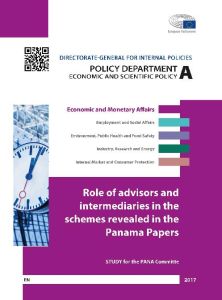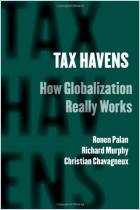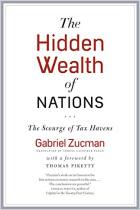Join getAbstract to access the summary!

Join getAbstract to access the summary!
Willem Pieter de Groen
Role of Advisors and Intermediaries in the Schemes Revealed in the Panama Papers
CEPS, 2017
What's inside?
Before the Paradise Papers there were the Panama Papers, which revealed a global tax evasion network.
Recommendation
Now the world is buzzing about the Paradise Papers, but in 2016, the leak of 11.5 million documents from a Panamanian trust firm revealed an elaborate financial architecture set up to hide vast amounts of wealth and income from sovereign tax collectors. The Panama Papers provided information on more than 200,000 offshore entities and their role in shielding assets. Researcher Willem Pieter De Groen pulls back the curtain on the intricate designs of these legal structures and how they affect nations’ fiscal conditions. getAbstract recommends this authoritative report to business and policy professionals intrigued by the complex landscape of overseas entities that enable tax evasion.
Summary
About the Author
Willem Pieter De Groen is a research fellow at the Centre for European Policy Studies.




















Comment on this summary